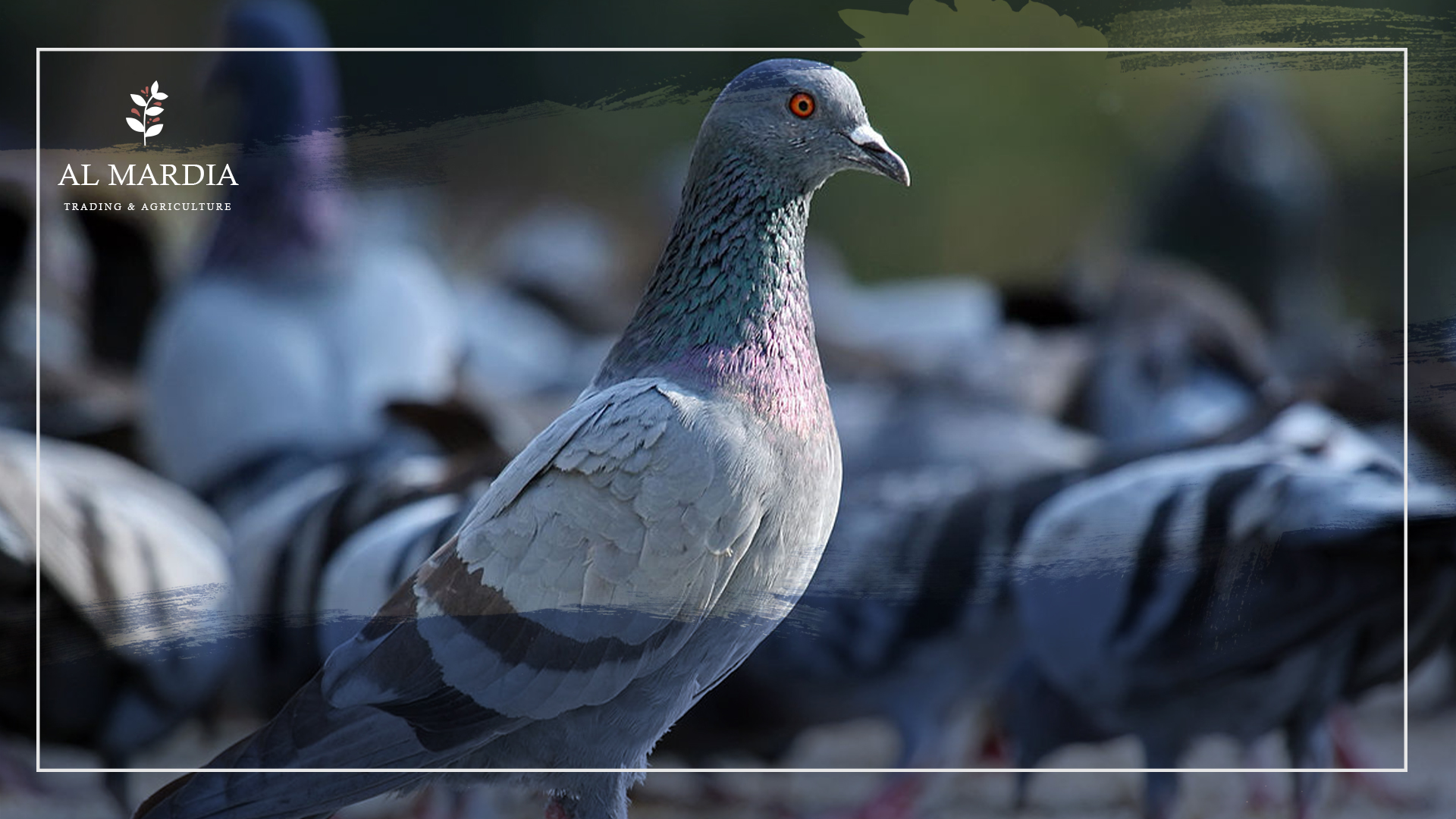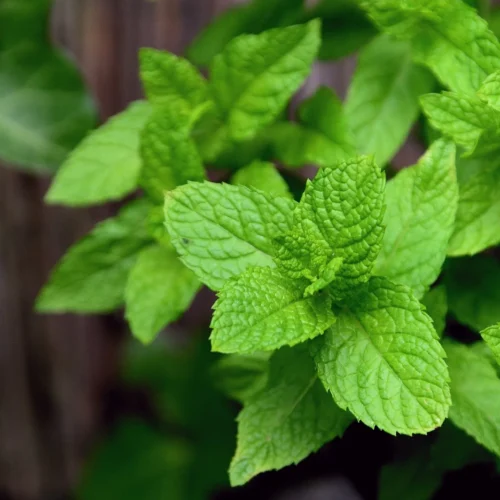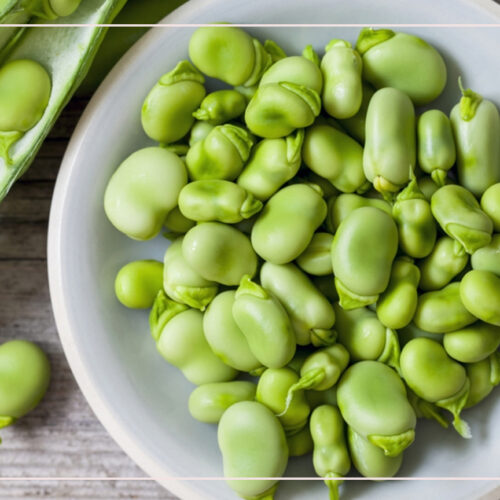
Avian Flu… When to Worry About It?
Hearing about avian flu in the news can make one anxious if they own a pet bird. While the media provides reliable details, some various misconceptions and untruths float around when it comes to the virus. In this article, we give an overview of avian flu and if bird keepers should worry about their birds.
Bird owners must be aware of the potential dangers that avian flu presents to their pet birds. This virus has caused serious illnesses in birds, resulting in death in some cases. Although the risk of infection is low, it is important to understand how to protect your pet bird from this virus and its associated symptoms.
Avian Flu Facts
There are four basic types of influenza viruses: A, B, C, and D.
Wild birds are a significant source of type A virus infections, with more than 25 known subtypes. According to the Centers for Disease Control and Prevention, these viruses can be spread through contact with infected birds, or their droppings. People need to take proper precautions when interacting with wild birds to prevent the spread of these potentially serious illnesses.
Avian influenza, commonly known as bird flu, is a contagious virus that can affect different types of birds. It is caused by certain strains of Influenza A viruses that are particularly prevalent in birds. In recent years, some subtypes of avian influenza have been found to infect other animals such as dogs and horses. In rare instances, humans can also contract the virus through contact with infected birds or animal products.
(H5N1) a threat to human health:
The H5N1 strain of the avian influenza virus is one of the most serious and has been responsible for numerous human fatalities worldwide. According to the World Health Organization, this strain has a case fatality rate of just under 60 per cent, making it one of the most dangerous forms of avian influent people must take all necessary precautions to avoid catching this virus, as it can have fatal consequences in both birds and humans. Birds can spread the virus through their environment, such as bird feeders and baths, where the virus can stay on surfaces for multiple days.
Humans can be affected by several different illnesses, with fever, muscle aches, sore throat and coughing being among the most common symptoms. Progression to a severe respiratory infection can occur rapidly if left untreated, so people need to seek medical attention as soon as possible. Furthermore, a lot of birds can quickly succumb to diseases without discernible symptoms being noticed.
Related Topic: Tips to Know about Birds Feeding Methods
The Avian Flu and Pet Birds
For those who keep birds at home, the probability of catching avian flu is not particularly high. Nevertheless, there are two factors which can raise the risk of getting infected.
First, pet birds are at risk of coming in contact with wild birds if they are taken outdoors. Therefore, ensuring that the pet bird does not go outside without proper monitoring and supervision is crucial. Even when the bird is kept inside a cage outdoors, it should be carefully watched to prevent other animals from coming near it.
The second risk is the purchase of wild-caught birds as pets. This practice can put the birds in a lot of distress as they are taken away from their natural habitats, and it may also bring various illnesses, such as avian flu, into people’s houses and bird cages.
Purchasing a pet bird can be a wonderful experience. However, it is important to ensure that the bird you are buying has been ethically sourced and that it is healthy. If you are considering getting a pet bird, it is best to obtain it from a reliable breeder or rescue group to ensure that the animal has been well-treated and is in good health.
Avian veterinarians are specifically skilled in dealing with bird illnesses and pathogens, such as the avian flu. They can also provide treatment to your feathered friend when it’s required.
How to keep your pet bird healthy:
Washing hands:
Pet birds are delicate and need proper care to remain healthy. One of the most important things pet bird owners can do is to take preventive measures to protect their pets against disease. This includes washing their hands before and after handling their pet bird. Because it can help reduce the risk of spreading any illnesses. To ensure a healthy environment, it is important to clean the area regularly. This includes cleaning the cage regularly and removing faces, food scrubs, and other waste, which may dismantle leading to the spread of diseases.
Balanced diet:
Providing a quality diet is essential for maintaining a pet bird’s health and longevity. With the right nutritional balance, pet birds can live longer, healthier lives. A proper diet includes fresh fruits, vegetables, and high-quality seeds and pellets. Additionally, it is important to provide a variety of foods to ensure that birds get the full range of essential vitamins and minerals they need for optimum health. It is important that you consult your veterinarian to select the most suitable diet for your bird.
Healthy exercises:
Moreover, you should ensure that your pet bird has sufficient living space and toys to ensure doing healthy exercises. It could help to avoid getting overweight which may put the bird at risk of several diseases. In addition, make sure that your pet bird has plenty of social activities with you or with other birds or even both. That would enhance its mental and physical health.
Last but not least, regular visits to the avian vet are essential to ensure your bird’s health and well-being. Birds are particularly vulnerable to diseases and can become ill in a matter of days. An experienced avian vet can help with identifying any potential health issues early on, so they can be monitored and treated before they become too serious.
You can now check the full list of Avian Products
produced by Almardia Group
Common Questions:
Can humans get avian flu?
It is uncommon for avian influenza A viruses to infect humans. However, there have been some cases of humans contracting these viruses. It can cause different levels of sickness – from no symptoms to fatal diseases.
What are the signs of avian flu?
The signs of infection vary from slight influenza, including conjunctivitis (red and painful eyes that discharge fluid), diarrhea and abdominal discomfort to more severe respiratory illness with difficult breathing accompanied by pneumonia. Tragically, humans contracting this virus can lead to death.
How long does avian flu last?
The estimated period of incubation for Avian Influenza H5N1 is usually 2 to 5 days. Though there have been cases where it has extended to more than two weeks.





